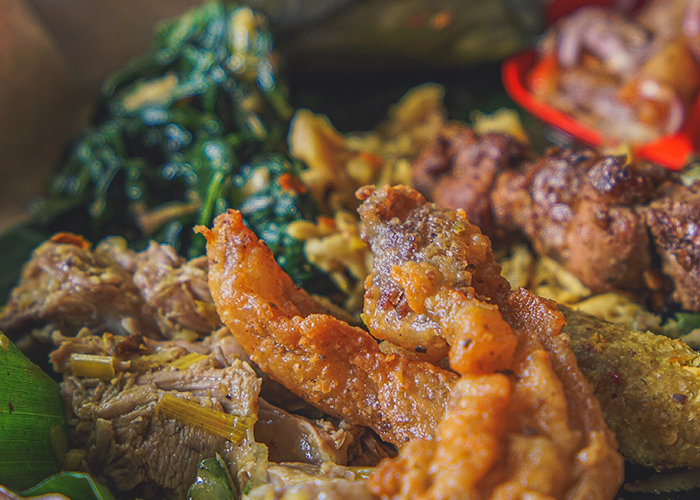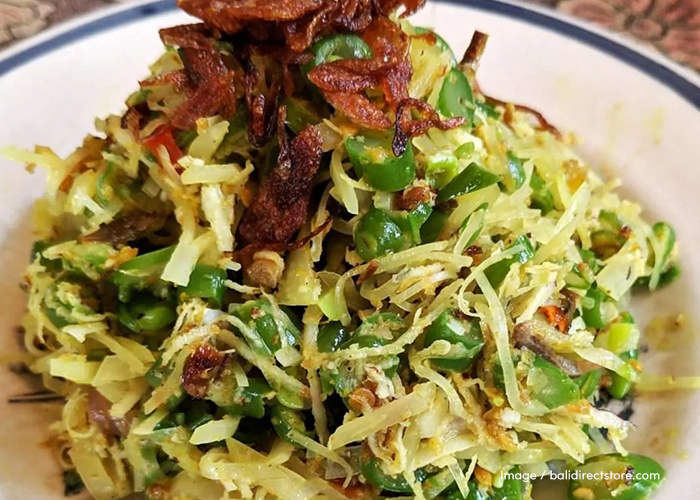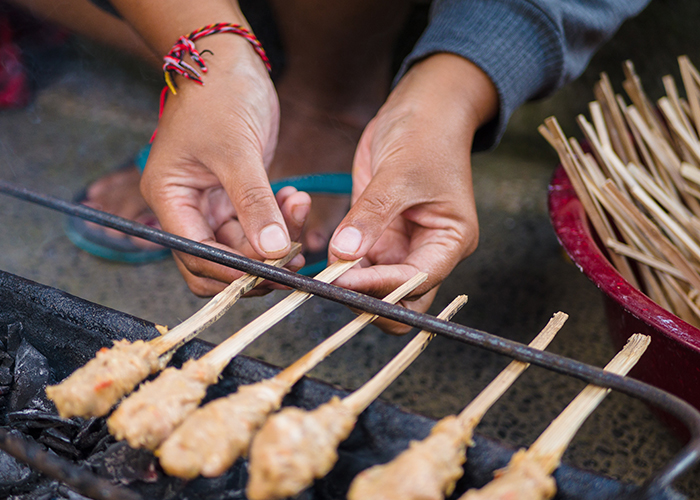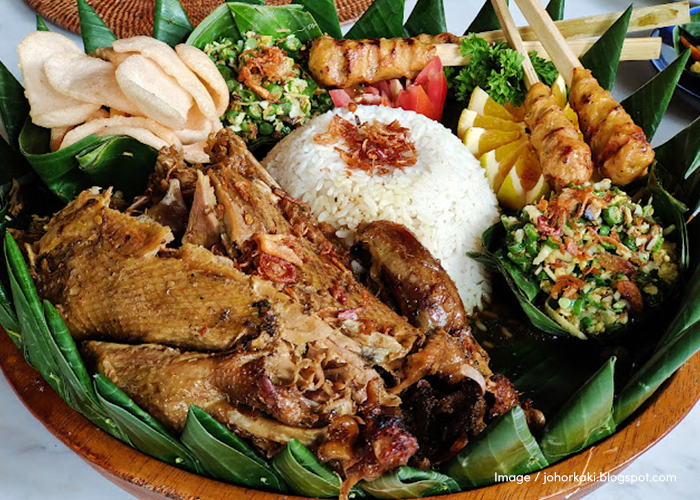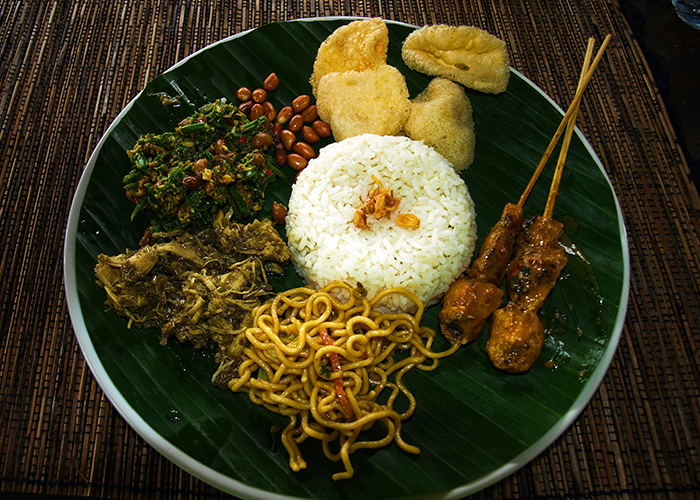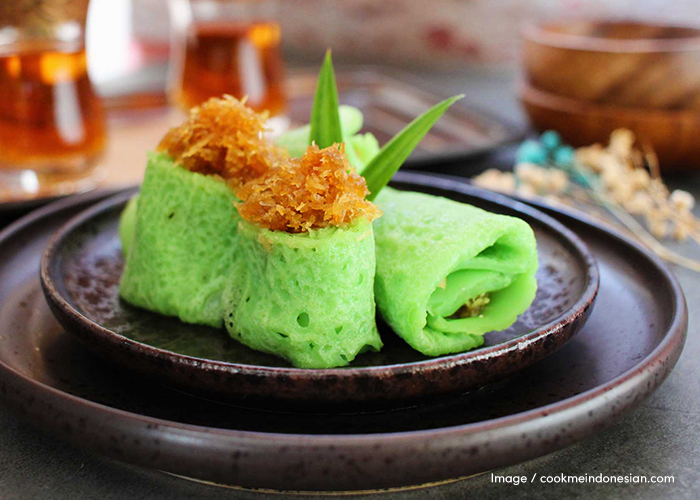Babi Guling
Presenting the famous cultural dish of Babi Guling. Otherwise known as ‘suckling pig’, this succulent masterpiece is prepared through a process of rubbing the skin with turmeric and other spices, and stuffed with a basa gede (Balinese spice paste), which usually includes turmeric, coriander, lemongrass, shallots, galangal, chilli, shrimp paste, and garlic. The pig is then slowly roasted over an open flame. In Bali, the Babi Guling is most frequently enjoyed as a symbol of celebration, reserved for ceremonies and special occasions.
You’ll want to visit one of Ubud’s legendary local restaurants for your Babi Guling experience. Babi Galing Ibu Oka is a family-run affair, set in an open-air space and serves the local delicacy chopped up on paper plates. These delicious pieces of pork are traditionally enjoyed in combination with white rice, spicy vegetables and blood sausage. Whilst not the prettiest of Bali’s dishes, this cultural cuisine is truly food for the soul, and you can choose to omit any of the ingredients from your plate if you wish. If you’re in the Ubud area, this prime spot opposite the Ubud Royal Palace is the perfect place to indulge in the mouthwateringly comforting Babi Guling. Other places to try the delicious sizzling roast pig is at Babi Guling Pak Dobiel and Babi Guling Karya Rebo, both located in Jimbaran.
You can even embark on a food tour, allowing you to dig into the rich flavours of Indonesia and try the best of the local dishes, including Babi Guling.

